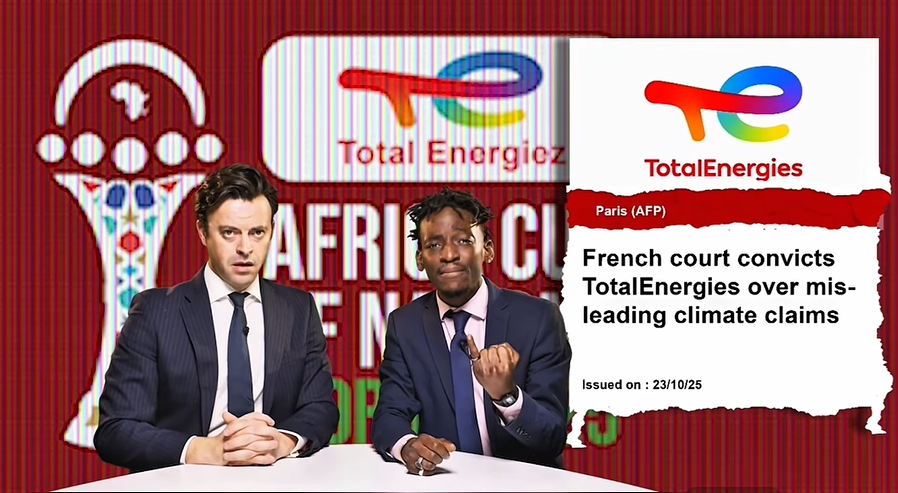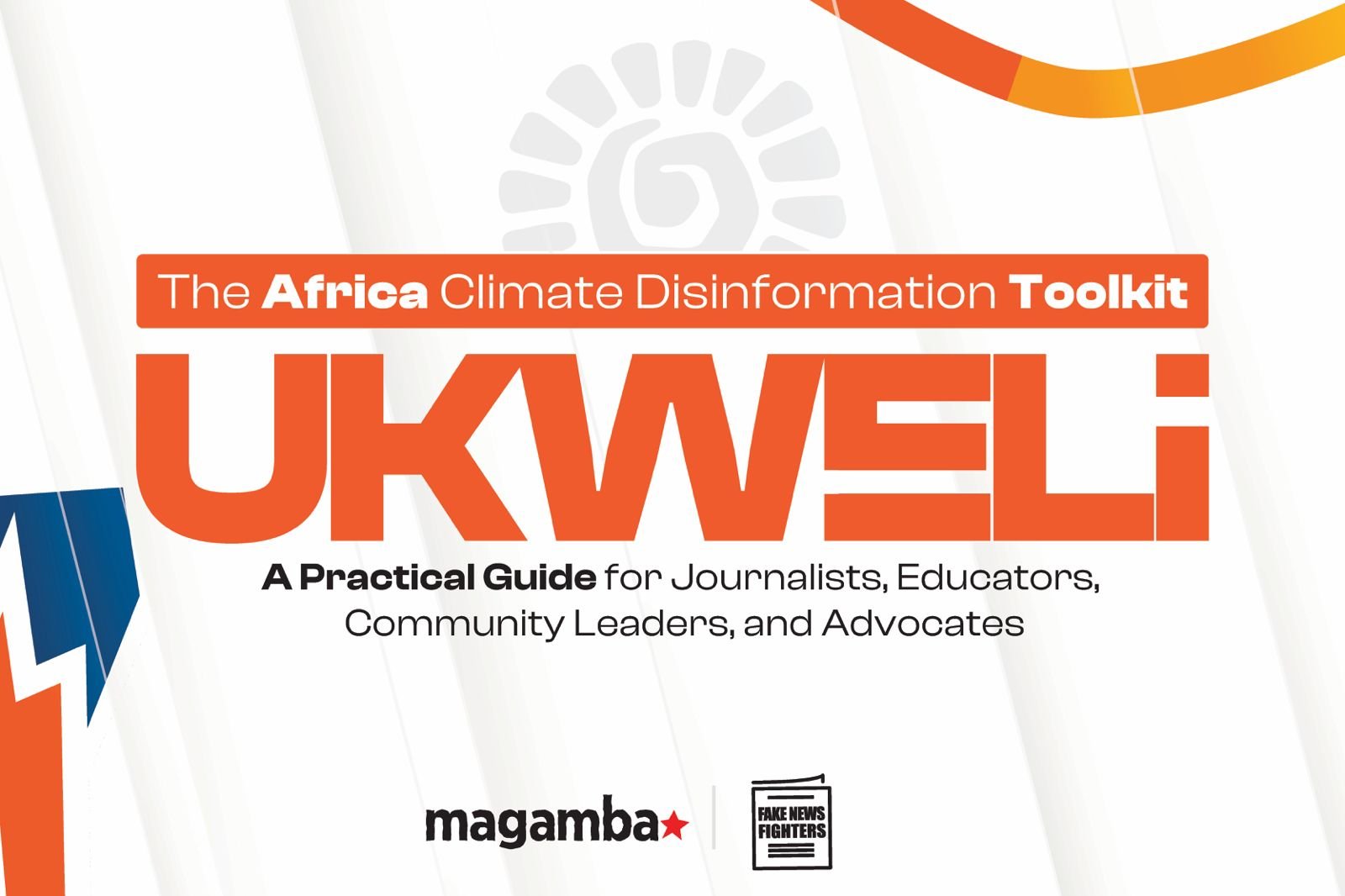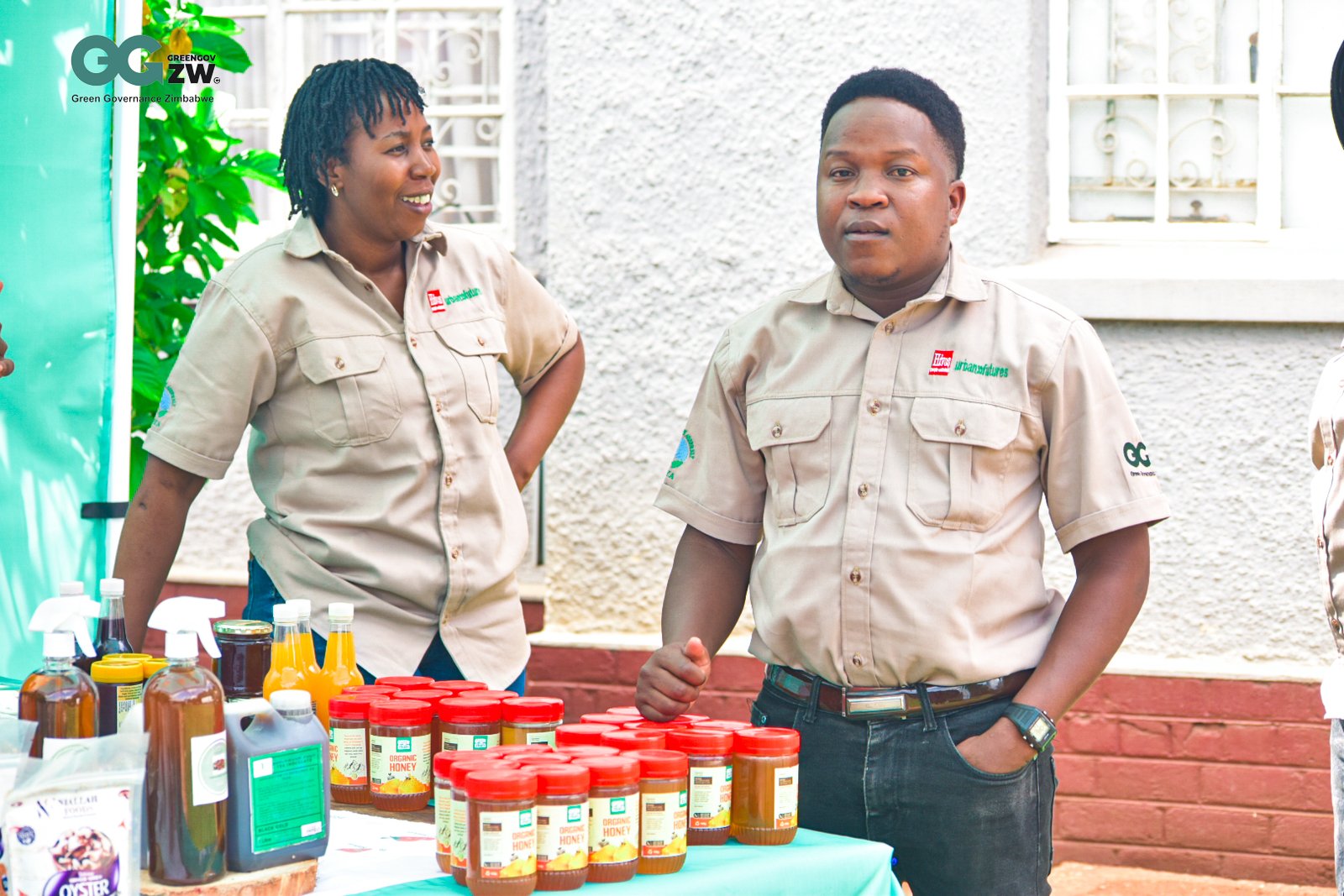Climate change poses an imminent challenge, impacting the well-being of generations. Children, in particular, are at risk due to climate-related disasters, health issues, and food insecurity.
In many parts of the world, people face multiple climate-related impacts such as severe droughts and flooding, air pollution, and water scarcity, leaving their children vulnerable to malnutrition and disease.
At the launch of the Climate Action for the Last Mile initiative, hosted by UNICEF with support from the Korea International Cooperation Agency (KOICA), Unathi Nyoni, a prominent climate change advocate and Zimbabwe’s former child president, voiced deep concerns about the climate crisis, highlighting it as a fundamental violation of children’s rights. He noted that it disproportionately affects children, jeopardizing their survival, development, and future prospects.
“There is a popular saying, especially in youth advocacy platforms, that the climate crisis is a children’s rights crisis. This speaks to the fact that children are the most affected, as climate change directly threatens their essential means for survival, their education, their nutrition, access to water and sanitation, their hygiene, their basic human rights, their lives, and their families.
“These shocks have brought about water rationing, increased UV radiation, unbearable temperatures, and the destruction of infrastructure, our clinics, our schools, our hospitals, along with the destruction of education itself, food insecurity, and an endless list of social, health, and economic impacts,” he added.
Unathi emphasized that the climate crisis is a daily threat to the survival and rights of Zimbabwe’s children, with marginalized groups like girls and those with disabilities bearing the heaviest burden. In drought-stricken regions such as Matabeleland North, shrinking water sources force children to walk kilometers to fetch water, pulling them out of school and exposing them to dangers such as sexual harassment from artisanal miners.
UNICEF reported that the 200 million hours women and girls spend every day collecting water is a colossal waste of their valuable time. In sub-Saharan Africa, one round trip to collect water averages 33 minutes in rural areas and 25 minutes in urban areas.
“Minority groups that exist within the compass of children, such as the girl child and persons with disabilities, have experienced increased vulnerability. In Matabeleland North, where I am from, my rural home, you find that streams have shrunk so much. It’s one of the driest areas in the country. Young people and children have to walk several miles just to fetch water.
“Imagine a situation where a girl child is supposed to be in school, but on that particular day, she has to ensure there’s water at home. She has to walk those kilometers. On the way, she might encounter small artisanal miners and others in the community who may not have the right intentions. This increases her vulnerability. Firstly, she is supposed to be in school, and secondly, she is now subject to sexual harassment. This speaks to the significant social impact of climate change on the daily lives of children across the country,” he added.
Unathi challenges the pervasive exclusion of youth and children from decision-making tables, highlighting how climate policies often fail to reflect the needs of those who will live with the consequences the longest.
“Children and young people should be brought on board. They should not just be participants to listen to the impacts and initiatives that are planned, but they should be active agents in those initiatives. It is well within their rights and responsibilities to play a role as change-makers, and it is everyone’s responsibility to ensure that children are supported in that role.”
Almost every child on earth is exposed to at least one climate or environmental hazard. Without urgent action, this number will increase. As climate change disrupts the environment, children are being forced to grow up in an increasingly dangerous world. This crisis threatens their health, nutrition, education, development, survival, and future.
The former child president has called for the critical need to institutionalize and resource youth participation platforms to ensure children and young people are co-creators and co-leaders of policies and interventions that affect their lives.
“We need to strengthen platforms such as junior parliament, the Adolescent Youth Advisory Committee, and youth-led associations, among others. This can be achieved by allocating adequate resources for children to bring their ideas to life. Doing so affords them the opportunity to actively lead the narratives, interventions, informed policy, and budget-making processes, improve domestic funding, and increase social awareness among their peers. Let everything be co-created and co-led with children and young people.”
The climate crisis is being addressed at global, regional, and national levels through a wide range of high-level political commitments, treaties, resolutions, frameworks, policies, and agreements. Despite these initiatives and commitments, children are still left behind in policies and in mitigation and adaptation measures to address the climate crisis. The states’ failures to prevent and mitigate climate change harms represent a form of violence against children, which can be defined as a form of child abuse.





